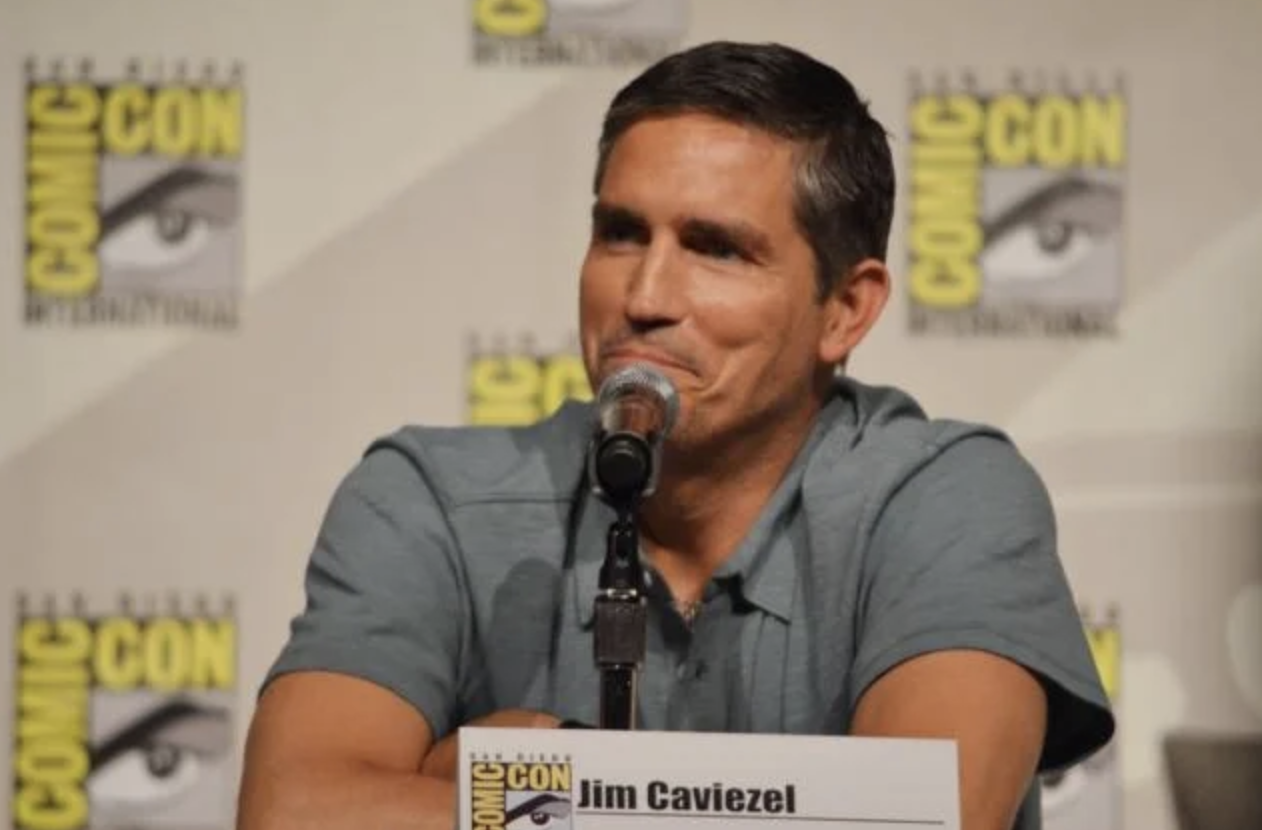Jim Caviezel, an actor, strongly disagrees and refuses to work with Robert De Niro, calling it “awful and ungodly.”
In a surprising twist within the entertainment realm, actor Jim Caviezel is causing a stir by turning down an opportunity to work with the renowned Robert De Niro. Caviezel has labeled De Niro as “awful” and “ungodly,” sparking discussions about the intersection of personal beliefs and professional engagements in Hollywood.
This article delves into Caviezel’s bold decision, exploring the underlying reasons behind his reluctance to collaborate with De Niro and its potential implications for the film industry when actors make such unequivocal statements.
Best known for his portrayal of Jesus in “The Passion of the Christ,” Jim Caviezel has consistently aligned his acting choices with his Christian convictions. Conversely, Robert De Niro, a heavyweight in the industry, is renowned for his diverse roles and outspokenness on social and political matters. Caviezel’s refusal to work with De Niro underscores the clash between individual values and the collaborative nature of filmmaking.

During a recent interview, Caviezel unequivocally stated his stance on working with Robert De Niro, asserting, “I won’t work with Robert De Niro. He’s an awful, ungodly man.” His resolute declaration immediately grabbed headlines, prompting speculation about the underlying dynamics between the two actors.
While Caviezel refrained from elaborating further, it is evident that his decision stems from a fundamental misalignment in their values.
Given Caviezel’s public adherence to Christianity and his penchant for roles that reflect his moral principles, there appears to be a discrepancy with De Niro’s public persona or past actions. With specifics left undisclosed, observers are left to speculate, fueling curiosity about the nature of their apparent discord.
Public statements by actors can significantly impact their careers in the entertainment industry, either garnering support from like-minded individuals or eliciting skepticism from industry peers.
Caviezel’s refusal to collaborate with De Niro may find resonance among those who share his convictions and admire his steadfastness. However, it also raises questions about the potential repercussions on his future prospects and the reception of such public pronouncements within the industry.
Caviezel’s steadfast commitment to his Christian faith has been a defining aspect of his public persona, particularly evident in his role in “The Passion of the Christ.” His disagreement with De Niro underscores the challenges faced by actors navigating moral complexities in an industry rife with ethical ambiguities.
Beyond the individual dynamics between Caviezel and De Niro, this incident prompts reflection on broader implications for Hollywood and the entertainment landscape.
It underscores the ongoing tension between personal beliefs and the collaborative dynamics inherent in filmmaking. As actors increasingly leverage their platforms to advocate for their convictions, the industry may witness a shift toward greater alignment with personal values amidst the collective endeavor of cinematic creation.
Jim Caviezel’s decision to decline a collaboration with Robert De Niro based on moral grounds initiates a dialogue on the intersection of personal convictions and professional engagements in Hollywood. This episode underscores the evolving landscape of an industry where actors, propelled by their principles, are making public declarations that resonate with their beliefs.
Amidst the evolving landscape of the entertainment industry, the clash between Caviezel and De Niro serves as a reminder of the delicate equilibrium between personal values and the collaborative ethos that defines the filmmaking process.





I am disappointed that the author didn’t have the courage to specifically identify some of De Niro’s disgusting vitriol. He’s an atheist and a radical liberal who spews hatred toward anyone with a different political opinion.